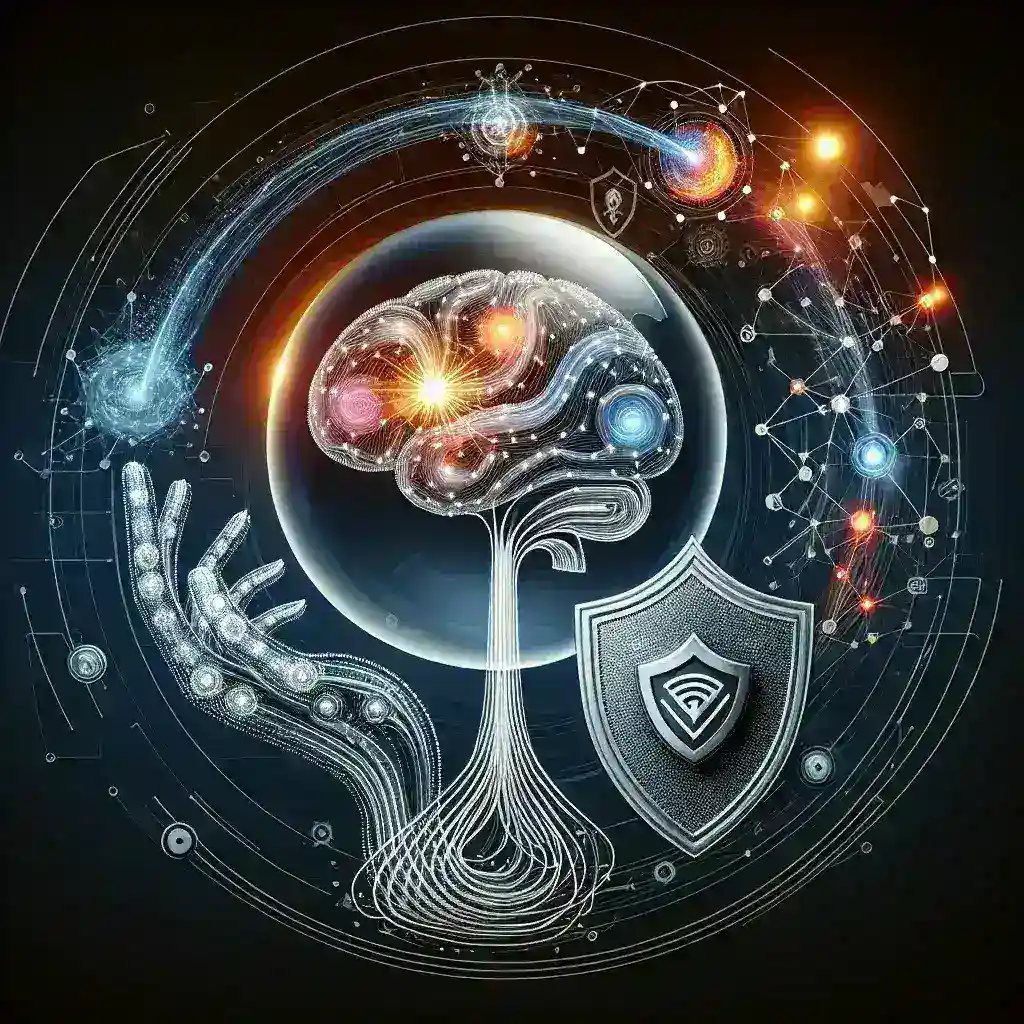Understanding Hybrid Classical Quantum Clouds
In recent years, the realms of classical and quantum computing have witnessed significant advancements, leading to the intriguing concept of hybrid classical quantum clouds. But why might these hybrid clouds emerge, and what implications do they have for the future of technology? Let’s delve into the details.
The Evolution of Cloud Computing
Cloud computing has revolutionized the way we store and process data. Initially dominated by classical computing architectures, which utilize traditional bits for data processing, the cloud landscape is now evolving to incorporate quantum computing capabilities. As organizations encounter increasingly complex problems, the need for more powerful computational resources becomes paramount.
From Classical to Quantum Computing
Classical computing has served as the backbone of information technology for decades, relying on binary systems to perform calculations. However, it faces limitations when handling large datasets and performing complex simulations. Quantum computing, on the other hand, utilizes quantum bits or qubits, enabling it to process vast amounts of data simultaneously due to the principles of superposition and entanglement.
Why Hybrid Models?
The integration of classical and quantum computing into a hybrid model is driven by several factors:
- Enhanced Efficiency: Hybrid clouds can optimize workloads by allocating tasks to the most suitable computational resources, whether classical or quantum.
- Cost-Effectiveness: Leveraging hybrid models reduces costs associated with quantum computing, which is still in its infancy and often expensive.
- Accessibility: Hybrid clouds make quantum computing resources more accessible to businesses that may not have the infrastructure to support solely quantum systems.
The Role of Hybrid Classical Quantum Clouds
As organizations strive to solve complex computational problems, hybrid classical quantum clouds are emerging as viable solutions. Here’s how they play a crucial role:
Real-World Applications
1. Optimization Problems: Industries such as logistics and finance face optimization challenges that classical systems struggle to address efficiently. Hybrid clouds can leverage quantum algorithms for better solutions.
2. Machine Learning: The integration of quantum techniques in machine learning can enhance data processing speeds and improve model accuracy.
3. Drug Discovery: The pharmaceutical industry can benefit from hybrid clouds by simulating molecular interactions that require immense computational power.
Future Predictions
Experts predict that as quantum technology matures, more organizations will adopt hybrid clouds to harness the strengths of both classical and quantum infrastructures. This evolution will likely lead to:
- Increased Collaboration: Tech companies, universities, and research institutions will collaborate to develop hybrid solutions.
- Improved Algorithms: The development of quantum algorithms specifically designed for hybrid environments will enable more efficient processing.
- Standardization: As hybrid clouds become mainstream, standards for interoperability between classical and quantum systems will emerge.
Challenges Facing Hybrid Classical Quantum Clouds
Despite their potential, hybrid classical quantum clouds face several challenges:
Technical Hurdles
1. Integration Issues: Merging classical and quantum systems requires overcoming significant technical challenges related to architecture and compatibility.
2. Skill Gap: There is a shortage of professionals skilled in both classical and quantum computing, hindering the adoption of hybrid clouds.
Security Concerns
As with any cloud system, security is paramount. The unique nature of quantum computing introduces new security vulnerabilities that must be addressed. Encryption methods may need to evolve to keep pace with quantum advancements.
Cultural Relevance and Community Engagement
The emergence of hybrid classical quantum clouds also has cultural implications. As society becomes more reliant on technology, the conversation around ethical computing, data privacy, and accessibility must intensify. Engaging communities in discussions about the future of hybrid computing is essential to ensure equitable access and understanding.
Statistics and Expert Insights
According to a recent study, over 60% of businesses plan to integrate quantum computing into their operations within the next five years. As Dr. Jane Smith, a leading quantum researcher, noted, “The potential of hybrid classical quantum clouds is immense, but we must approach it with caution and responsibility.”
Conclusion
Hybrid classical quantum clouds represent a fascinating evolution in the computing landscape. By combining the strengths of both classical and quantum systems, these clouds can address complex problems that classical computing cannot tackle alone. As we look to the future, embracing hybrid models will be crucial for driving innovation and achieving unprecedented levels of computational efficiency.



